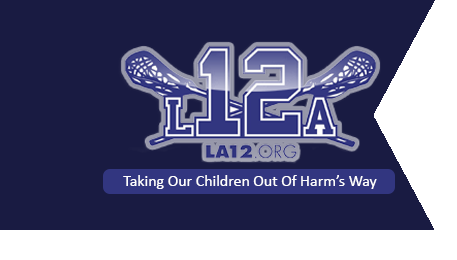Study Supports ECG Screening During Pre-Participation Exam to Identify Athletes at Risk of Sudden Cardiac Death
A race against time
April 22, 2012Little League cardiac arrest highlights need for heart screenings
May 30, 2012Released: 4/25/2012 3:30 PM EDT
Source: American Medical Society for Sports Medicine
Newswise — ATLANTA, Ga. – University of Washington researcher Jessie Fudge, MD received the Dr. Harry L. Galanty Young Investigator’s Award for excellence in sports medicine research at the 21st American Medical Society for Sports Medicine Annual Meeting in Atlanta, Ga. on April 24, 2012.
Dr. Fudge’s study “Cardiovascular Screening in Young Athletes : A Prospective Study Comparing the PPE Monograph 4th Edition and Electrocardiogram” looked at the challenging issue of identifying young athletes with undiscovered cardiovascular issues. It concluded that a standardized history and physical yields a high false-positive rate in a young active population and ECG screening is feasible and provides superior sensitivity and specificity.
“ECG screening, when interpreted with modern criteria for youth athletes, provides better sensitivity and specificity compared to current screening guidelines,” said Dr. Fudge. “The addition of ECG screening to the pre-participation exam may better identify athletes at risk for sudden cardiac death.”
A total of 1,339 subjects were screened. Echocardiograms were completed in 586 (44%) for concerning medical history (24%), family history (12%), physical exam (8%), or ECG (5%). Six (0.45%) were identified with a disorder known to cause sudden cardiac death (SCD). The sensitivity and specificity to detect disorders at risk of SCD were respectively 33% and 69% for history alone, 16% and 91% for physical exam, and 100% and 95% for ECG. Fifty percent of disorders known to cause sudden cardiac death were detected by ECG alone.
Co-authors of the research are Jonathan Drezner, MD; Kimberly Harmon, MD; David Owens, MD; Jordan Prutkin, MD, MHS; Irfan Asif, MD; Alison Haruta, Hank Pelto, MD; Ashwin Rao, MD; and Jack Salerno, MD all from the University of Washington
The conference featured lectures and research addressing the most challenging topics in sports medicine today including prevention of sudden death, cardiovascular issues in athletes, concussion, biologic therapies, and other controversies facing the field of sports medicine.
More than 1,200 sports medicine physicians from across the United States and 12 countries throughout the world attended the meeting.
The Galanty Young Investigator’s Award is presented at the AMSSM Annual Meeting for the most outstanding research presentation by a member who is a sports medicine fellow or who has rec ently completed fellowship training. The award was established in 2003 to honor Harry Galanty, MD, a charter member of the AMSSM, who passed away in 1999 at the age of 36. Dr. Galanty’s contributions to sports medicine combined clinical service, and a commitment to teaching and research.
Dr. Fudge is completing a fellowship in primary care sports medicine at the University of Washington. She completed a family medicine residency at UW.
The AMSSM is a multi-disciplinary organization of sports medicine physicians whose members are dedicated to education, research, advocacy, and the care of athletes of all ages. Founded in 1991, the AMSSM is now comprised of more than 2,000 sports me dicine physicians whose goal is to provide a link between the rapidly expanding core of knowledge related to sports medicine and its application to patients in a clinical setting.

